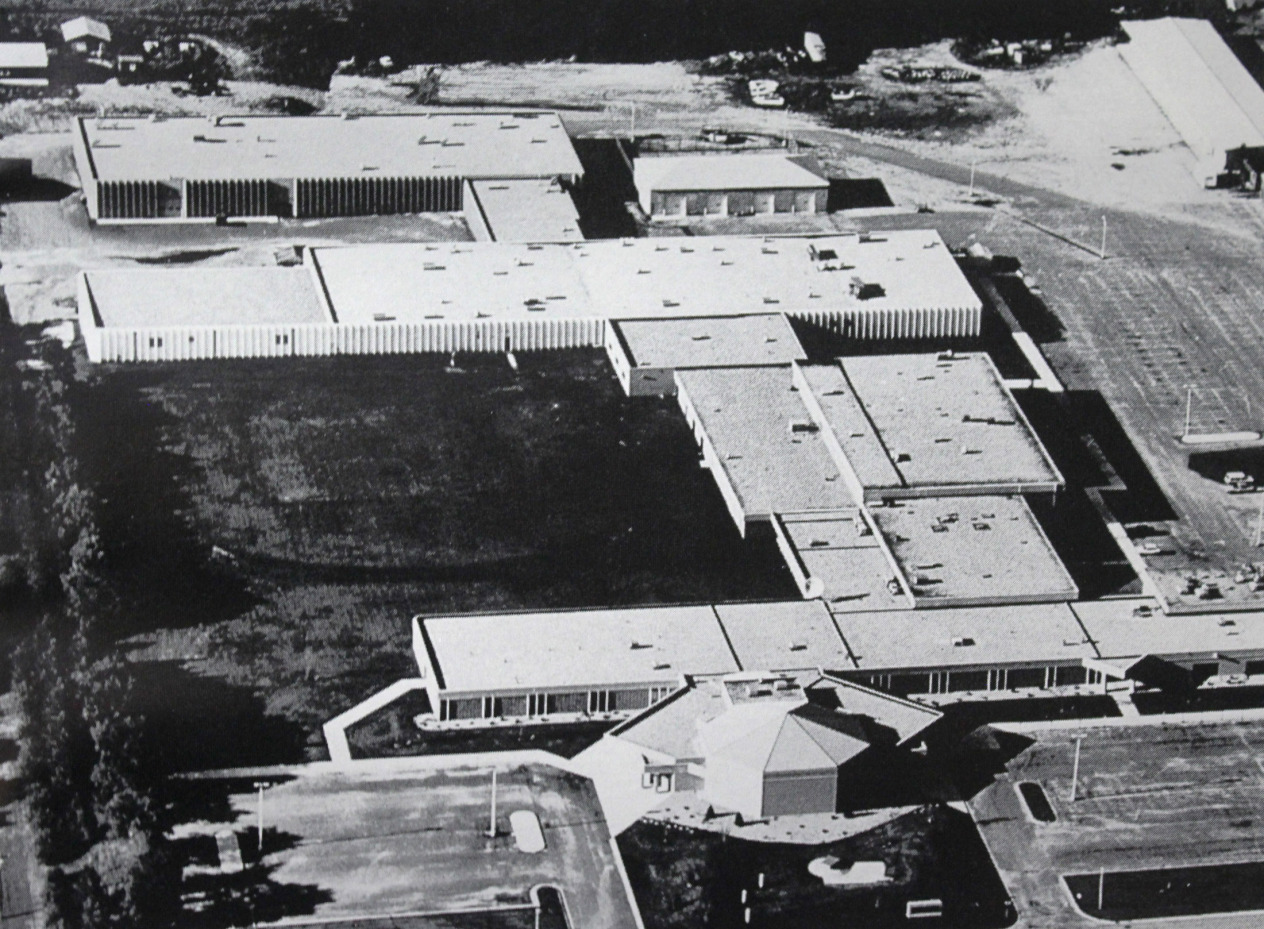Title
BIOL2010 - General Ecology
Description
Description
Meets MnTC Goal Areas 3 and 10. This course provides a study of the structure and function of ecological systems, including an application of ecological principles to local and global environmental issues. Topics covered include energy flow, nutrient cycling, organization, ecological succession, population dynamics (including the ecology of species interactions and factors that influence and regulate population numbers) and linkages among species and ecosystem functions. Lecture is accompanied by laboratory and field exercises.
API ID
Credits
4 (3/1/0)
Competencies
- Understand and apply knowledge of the relationships of organisms with their environment at the level of the individual, population, community, ecosystem and biosphere.
- Use critical thinking skills to understand, evaluate and analyze ecological processes and interactions.
- Demonstrate ability to select a sampling method, plan a sampling regime and apply relevant statistical tests to ecological data.
- Formulate a hypothesis, and conduct and analyze an ecological experiment.
- Organize, draft, edit and revise formal scientific writing.
- Read, interpret, incorporate and cite information and ideas from primary literature into writing.
- Utilize and understand the value to human society of ecological modeling, monitoring and restoration.
Goal Areas
3. Natural Sciences
10. People and the Environment
Degrees that use this course
Degrees that use this course
Degree:
Associate of Science (AS)
Location:
Fergus Falls Campus
Moorhead Campus
Credits:
60
Degree:
Associate of Science (AS)
Location:
Fergus Falls Campus
Moorhead Campus
Credits:
60
